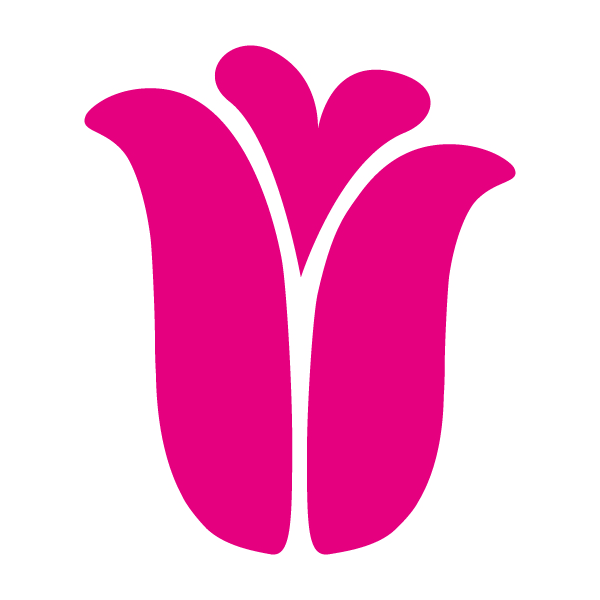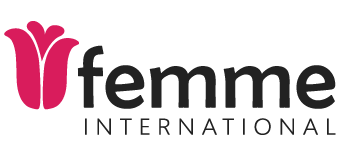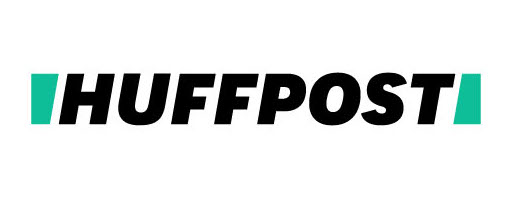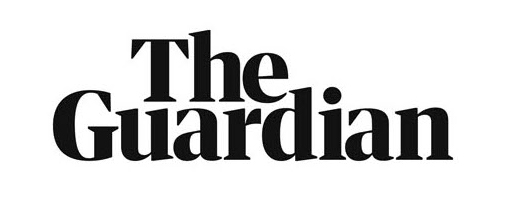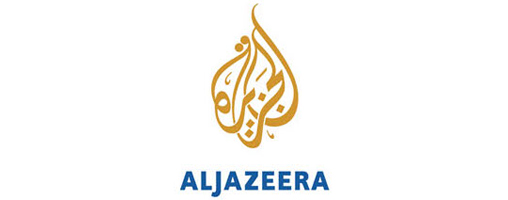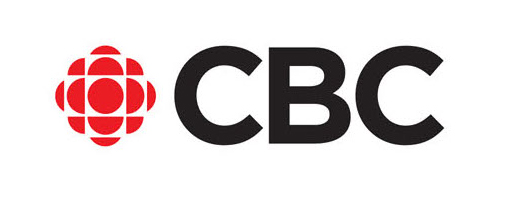Boys Health Management Program – A Summary
The Boys Health Management Project was created to include male youth in the conversation Femme International started with female youth regarding sexual health and gender equality. So far, the BHM project has reached 49 male youth, 15 participants from form 2, 13 from form 3 at Mangoto Secondary School, in the village of Kahe located outside of Moshi. An additional 21 youth were reached at the Pamoja Boys and Girls Club located in Moshi. The age range for the participants was approximately 10-19 years, with one 50 year old participant!
Of course there are always challenges along the way, creating a culturally applicable workshop that could impact male youth seemed a daunting task at first, but with perseverance and help from the close knit Femme team we were able to overcome that obstacle.
Personally, it has been an extremely valuable experience to be able to create a curriculum and workshop with Christian and to learn and grow through the various phases of development of a new project. I have learned a great deal from not only the design and implementation process, but from the Femme staff. I am excited to see the future opportunities for the BHM project.
Given our successes, triumphs and challenges we have learned a great deal and want to take our lessons learned and knowledge and put it towards the future success of the BHM project.
Devon Malcolm, BHM Program Officer
